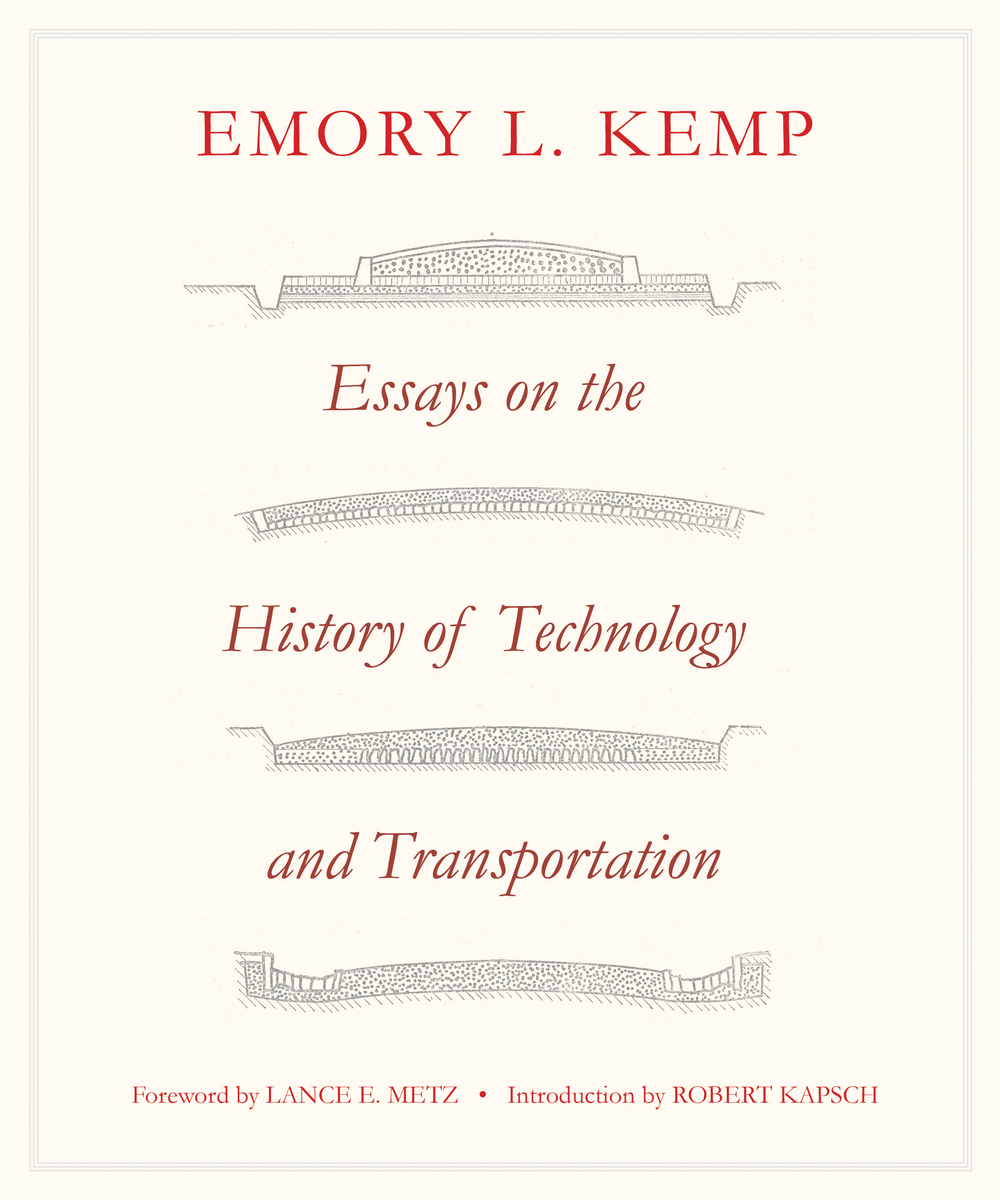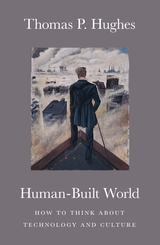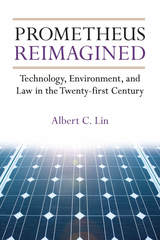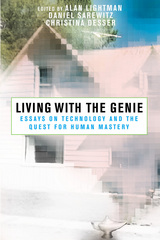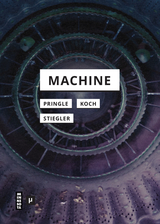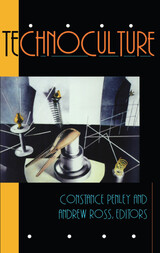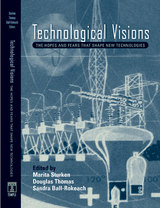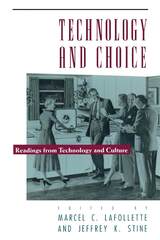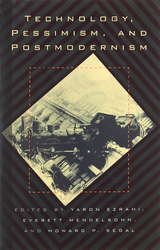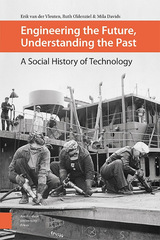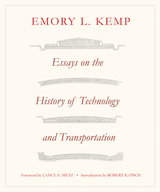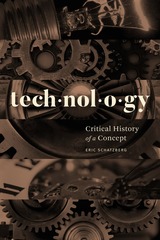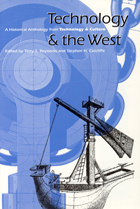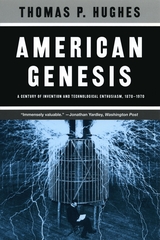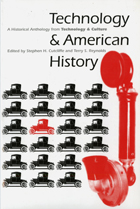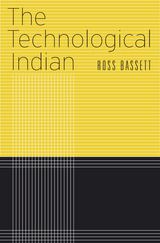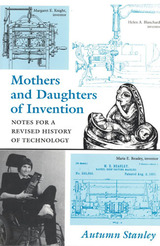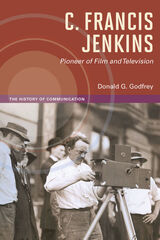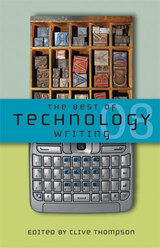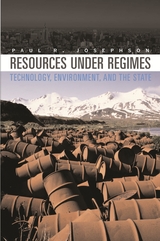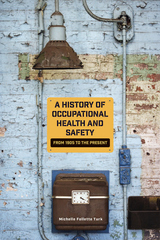Cloth: 978-1-938228-81-0 | eISBN: 978-1-940425-03-0
Library of Congress Classification T15.E78 2014
Dewey Decimal Classification 627.1309
Emory Kemp is the founder and director of the Institute for the History of Technology and Industrial Archaeology at West Virginia University, where he also served as a chair and professor of civil engineering and a professor of history. This collection of essays encompasses over fifty years of his research in the field of the history of technology.
Within these twelve essays, Kemp describes and analyzes nineteenth century improvements in building materials such as iron, steel, and cement; roads and bridges, especially the evolution of the suspension bridge; canals and navigable rivers, including the Ohio River and its tributaries; and water supply systems. As one of the few practicing American engineers who also researches and writes as an academic, Kemp adds an important historical context to his work by focusing not only on the construction of a structure but also on the analytical science that heralds a structure’s design and development.
See other books on: Engineering | Kapsch, Robert J. | KEMP, EMORY L. | Technology | Transportation
See other titles from West Virginia University Press
